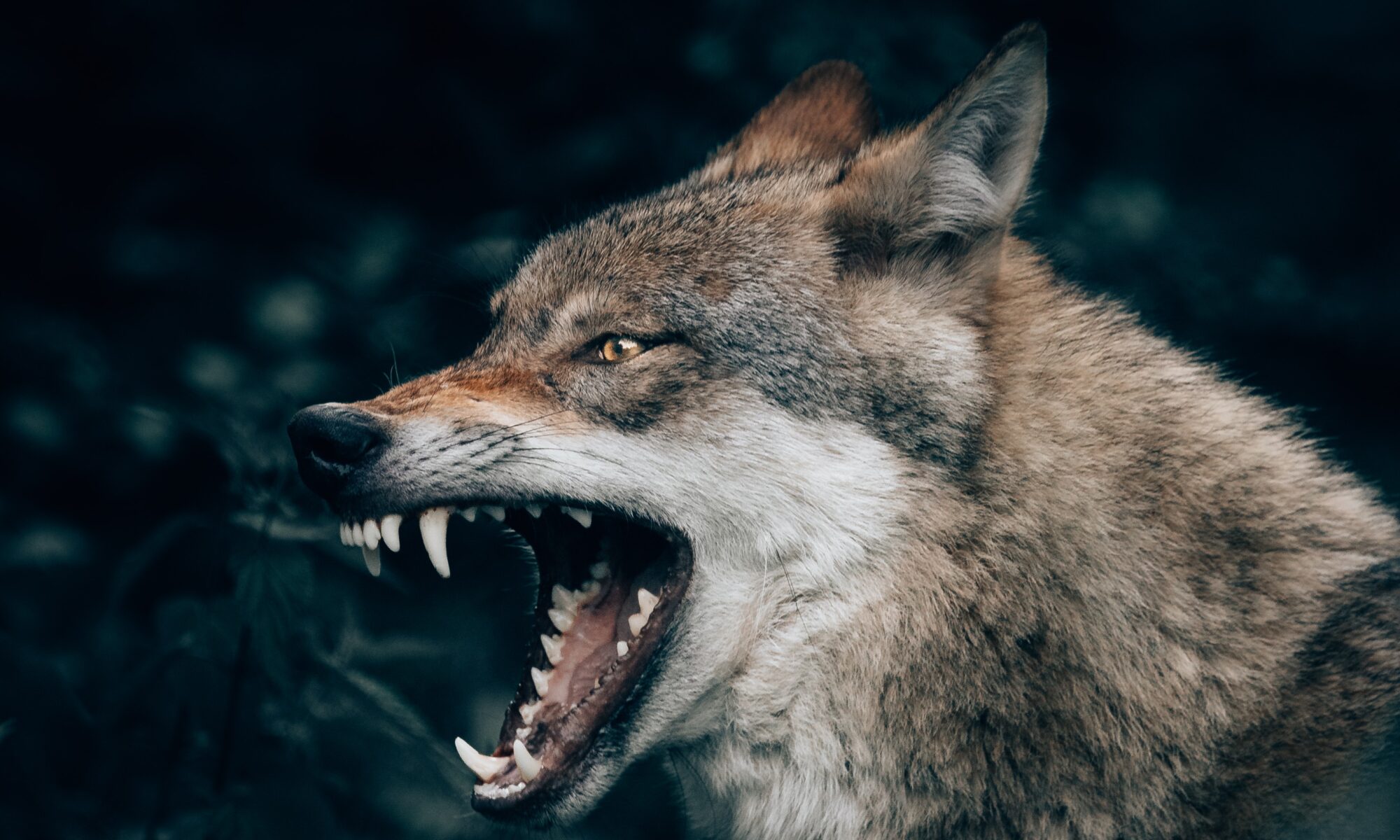A recent report from the Centers for Disease Control indicates that 42% of high school students report persistent feelings of sadness and hopelessness. April is a month of hope. So let’s think carefully about this crisis of hopelessness.
Hope is essential for human agency. Creative, energetic people live in a space of imagination oriented toward future goods. The philosopher Gabriel Marcel linked hope to his idea of “man, the voyager.” Life is an adventure, driven by hope. Marcel says that hope is for the soul what breathing is for the body.
Hope sees life from a larger perspective that extends beyond the present. Hope is supported by communities that remind us of this larger sense of self. One practical solution is to look up and look around. The cramped and narrow world of small screens and instant gratification is destructive of hope. We are part of a larger process. We can each contribute in our own way to the development of that larger story.
It helps to know that hopefulness can be cultivated. Hopefulness is not merely an emotional state, beyond our control. Hopefulness is, rather, a virtue that controls our emotions. And we can learn to be hopeful.
It is possible to develop a “hopeful mindset” that is similar to “the growth mindset” popularized by psychologist Carol Dweck. Human beings are not born with fixed personalities, virtues and habits. Rather, we develop over time. And believing you can grow helps you grow.
A hopeful orientation motivates you to get actively involved in the adventure of life. The American philosopher William James gave practical advice in his short book, “Is Life Worth Living?” He said, “Be not afraid of life. Believe that life is worth living, and your belief will help create the fact.”
James illustrated this idea with a story. Imagine that you are climbing a mountain and must jump across a chasm. If you believe you can make the leap, you’ll be more likely to succeed. The hopeless person will give a half-hearted and timid effort, and “roll into the abyss.” The hopeful person will leap with all their being. There are no guarantees, of course. But without hope, you are more likely to fail.
In response, some religious folks will object that something is missing if we only talk about human power and creative energy. Without hope as a “theological virtue,” religious people worry that hope will be weak, fickle, and selfish. Others will object to the idea that we can “bootstrap” our way into hopefulness. The critics of bootstrapping claim that hope is insufficient in the face of a world that involves oppression, violence, and other social ills.
These kinds of criticism link hope to a religious revival or to a political revolution. But if you expect a revival or a revolution, you will likely be disappointed. The pragmatic idea is more modest. We evolve incrementally. Revolutions and revivals are rare and unpredictable. But human beings are always growing at the edges. Seeing life as a process of growth, as a journey and adventure, can help support the growth of hopefulness.
A key part of this process is to train your “hope muscle.” A hope journal can clarify what you hope for, and what you have achieved. It also helps to see role models of hopefulness. The journey of hope starts small. But over time hope grows. The example of the mountain climber comes to mind again. It is unrealistic to hope that you can leap over Mount Everest tomorrow. But you can make smaller gains and test your bootstraps until you really learn how to fly.
Another practical suggestion is to develop other virtues associated with hope. These virtues include courage, persistence and resourcefulness. We might also add gratitude and compassion. Hopefulness grows from tenacious and courageous activity. It also emerges from a sense of self that is enlarged by love.
We are not born knowing how to hope. We learn to be hopeful with support and education. We can help the hopeless by reminding them that hopelessness is not a fixed anchor. We can develop hope. And we can orient ourselves toward a future that is, in part, our own creation.
Read more at: https://www.fresnobee.com/opinion/readers-opinion/article273804330.html#storylink=cpy






